Hacks That Will Make Boiling Your Eggs So Much Easier
The boiled eggs may just be one of nature’s perfect foods — well, nature in combination with a little bit of culinary art, that is. Unless there’s a lost tribe of chickens living in a volcano somewhere, we doubt any of the species are capable of laying eggs that come out pre-cooked. Boiled eggs deliver plenty of protein, lots of vitamins and minerals, and hardly any carbs — all in a neat, compact, and modest 75-calorie package that’s easy to crack open (and entirely biodegradable).
While boiled eggs are lovely with just a sprinkle of salt and pepper, you can add a few additional ingredients and turn them into egg salad, deviled eggs, Scotch eggs, and shoyu tamago (those are the marinated eggs that go perfectly with a bowl of ramen).
Boiling an egg might seem like a pretty straightforward process, but there’s always room for improvement. One problem with boiled eggs comes when trying to remove the shells, only to find that large chunks of the cooked egg white come off, too. Some of the hacks on this list are meant to help prevent that from happening, while others include various ways to boil eggs without a pot of water. We’ve also included tips on how to make sure your eggs are cooked for the proper amount of time, along with advice on infusing them with flavour as they boil.
Understand the timing
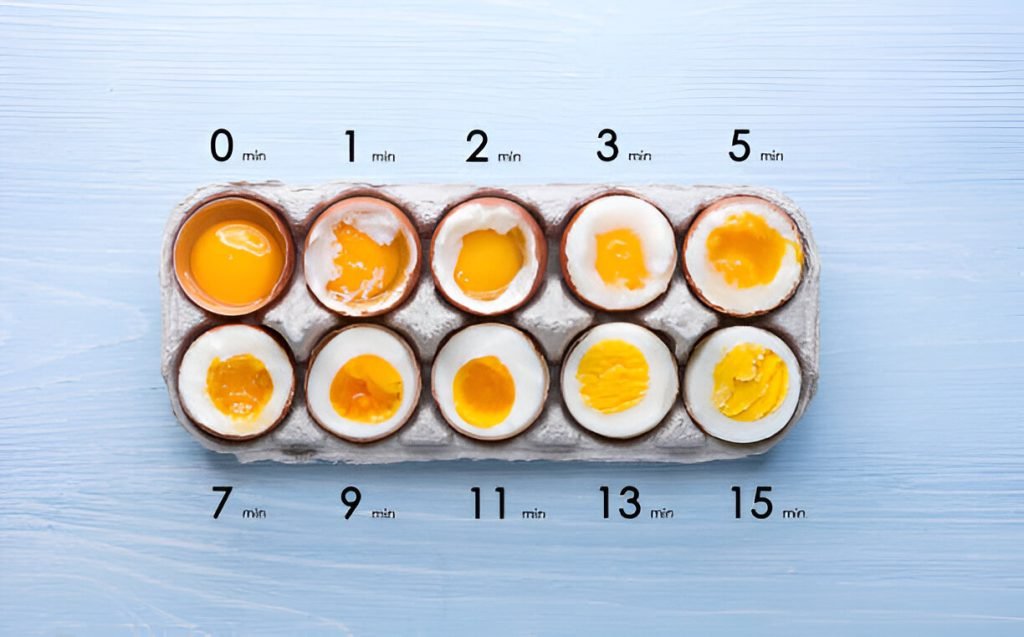
When you first set out to boil an egg, it’s best to know just how cooked you want that egg to be. They can range from soft eggs with runny yolks (and still slightly wobbly whites) to hard-cooked ones where both the whites and yolks are completely firm. You may want an egg with a slightly soft yolk to top off a bowl of noodles or a salad, while a much firmer yolk works best for sauce gribiche. Egg Info has provided a handy guide for how long it takes to boil an egg in order for it to reach each different stage.
In order to time your eggs just right, start with a pan of cold water and begin the timing once the water begins to boil. A cooking time of three minutes makes for an egg with a really soft yolk and semi-soft white. After four minutes, you’ll have one where the white is mostly set, but the yolk’s still runny. At five minutes, the white of the egg will be firm and contain jammy yolk. The yolk of a six-minute egg will still be a bit soft, while seven minutes of cooking leads to a standard hard-boiled egg. After eight to 10 minutes, your eggs will come out extra well. The times given are for large eggs, so you’ll need to subtract a minute for medium ones and add one on if you’re cooking the extra-large kind.
Add baking soda to your boiling water for easy-peel eggs.
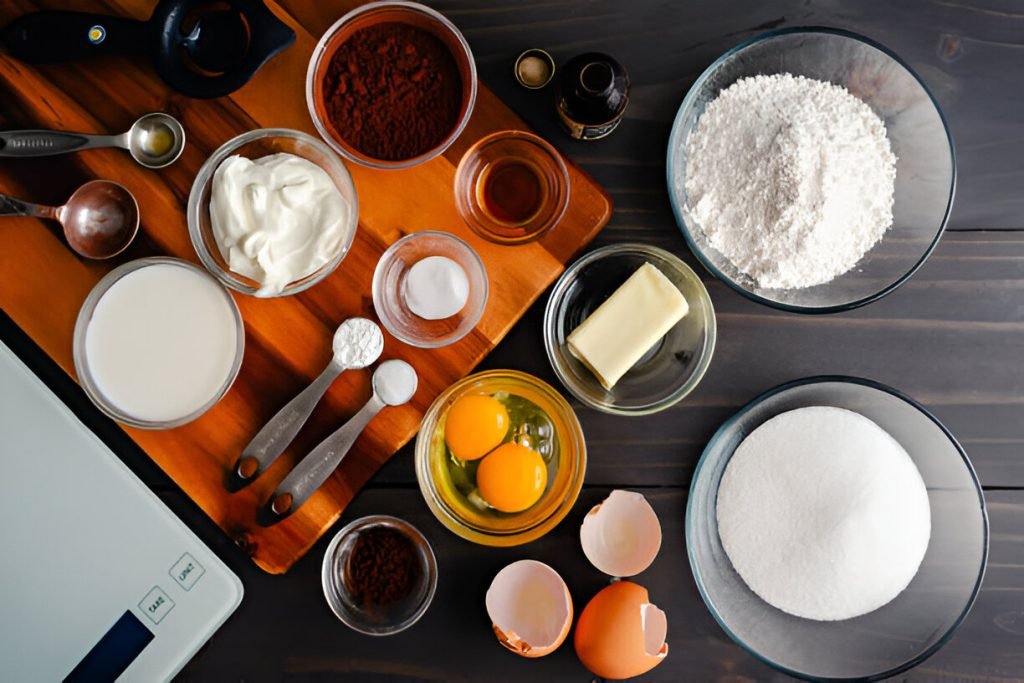
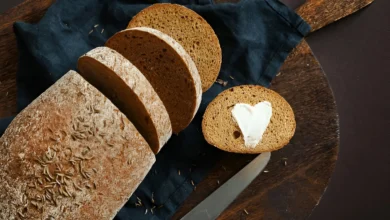

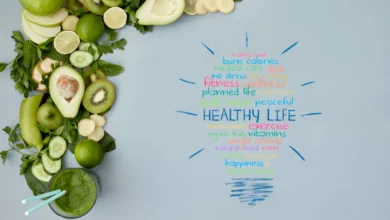
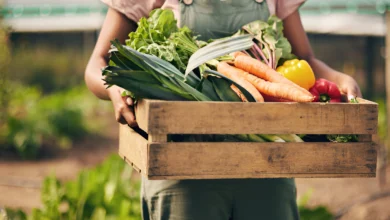
QQ88 is a reputable online bookmaker in the Vietnamese market. QQ88 has built a transparent and safe betting playground, using the SSL/TLS security system to absolutely ensure player information. A diverse betting game ecosystem with more than 5,000 different games, some typical hot hits today such as: Dragon King Fish Shooting, Baccarat, online Sic Bo, Xoc Dia, Sports Betting, Lucky Slot Games, etc. QQ88 customer care team works 24/7 to ensure service for players anytime, anywhere.
QQ88 là sân chơi giải trí trực tuyến hàng đầu 2025, nổi bật với loạt trò chơi đa dạng từ casino trực tuyến, game bài truyền thống, bắn cá, slot nổ hũ đến cá cược thể thao và đá gà trực tiếp.
sildenafil citrate 100 mg Blue Pharma viagra generique efficace
https://pharmaexpressfrance.com/# pharmacie en ligne france pas cher